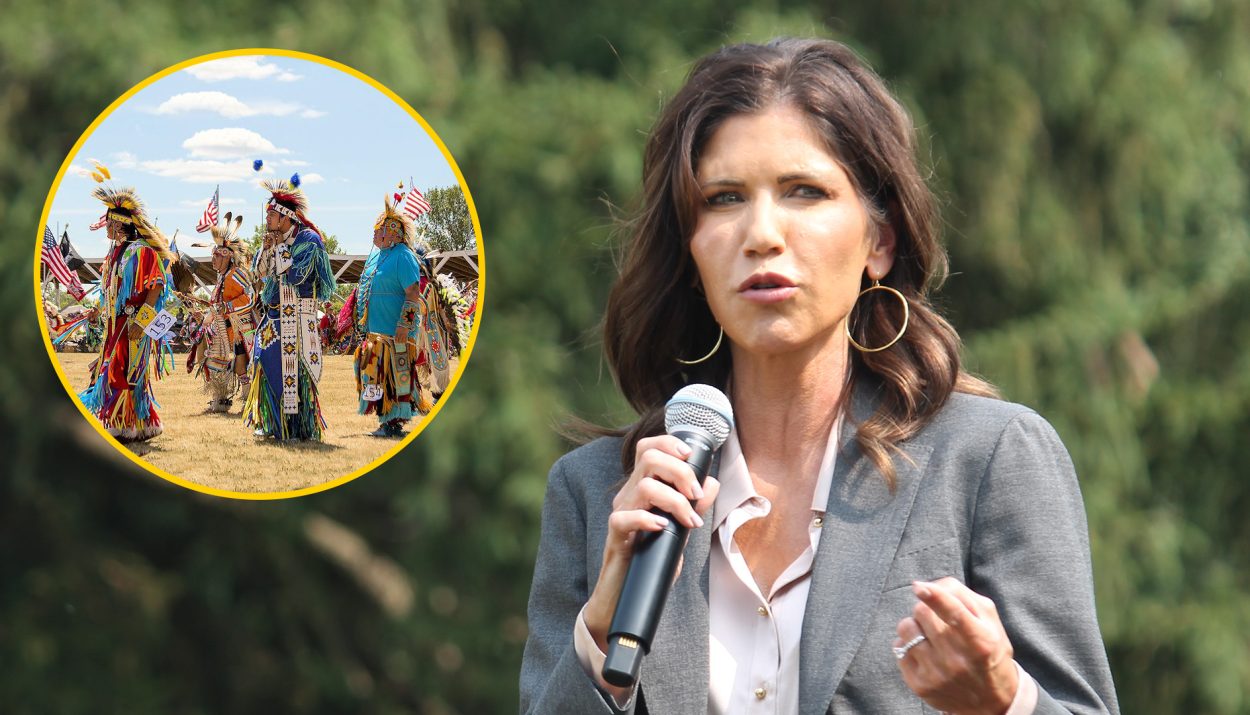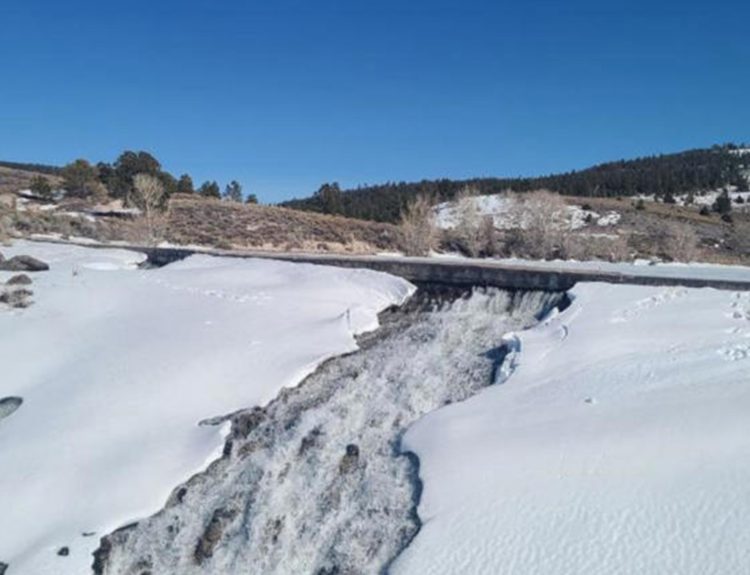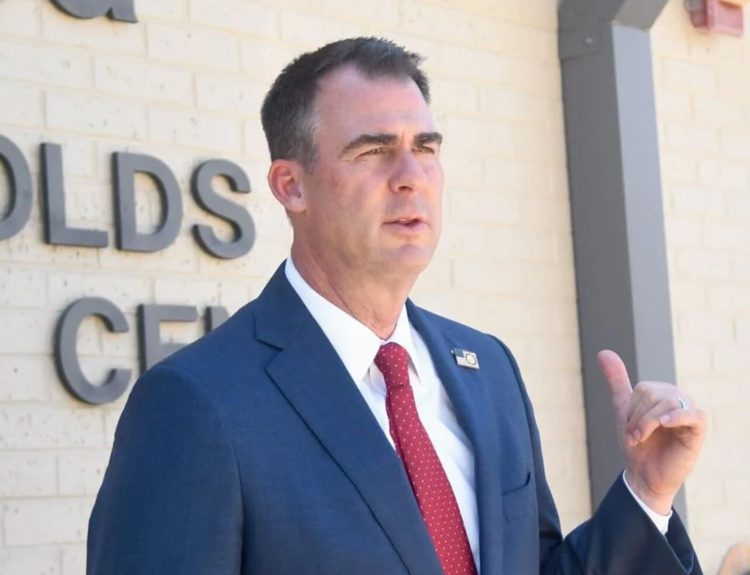South Dakota Gov. Kristi Noem is ‘hereby Banished from the homelands of the Oglala Sioux Tribe,’ according to Tribe President Frank Star Comes Out. The proclamation comes just one week after the Republican Gov. blamed the ‘invasion’ at the southern border for the increase in crime on the Pine Ridge Reservation – home of the Oglala people.
Gov. Noem Wants To Send Razor Wire and Personnel To The Border
In a speech to the South Dakota State Legislature last week, Gov. Kristi Noem talked about the southern border and how she’s willing to send razor wire and personnel to Texas in an effort to ‘force the federal government to do their job.’ She said the ‘Mexican drug cartels’ are bringing drugs and violence into the US – including South Dakota.

“The 50 states have a common enemy, and that enemy is the Mexican drug cartels. They are waging war against our nation, and these cartels are perpetuating violence in each of our states, even right here in South Dakota,” Noem said on Wednesday – adding that ‘murders are being committed by cartel members on the Pine Ridge Reservation.’
Oglala Tribe President Banishes Noem From Reservation
Two days after Noem’s remarks, Frank Star Comes Out – the President of the Oglala Oyate (nation) – banished her from the Pine Ridge Reservation. He accused Noem of using the southern border to increase her chances of being Donald Trump’s running mate later this year.
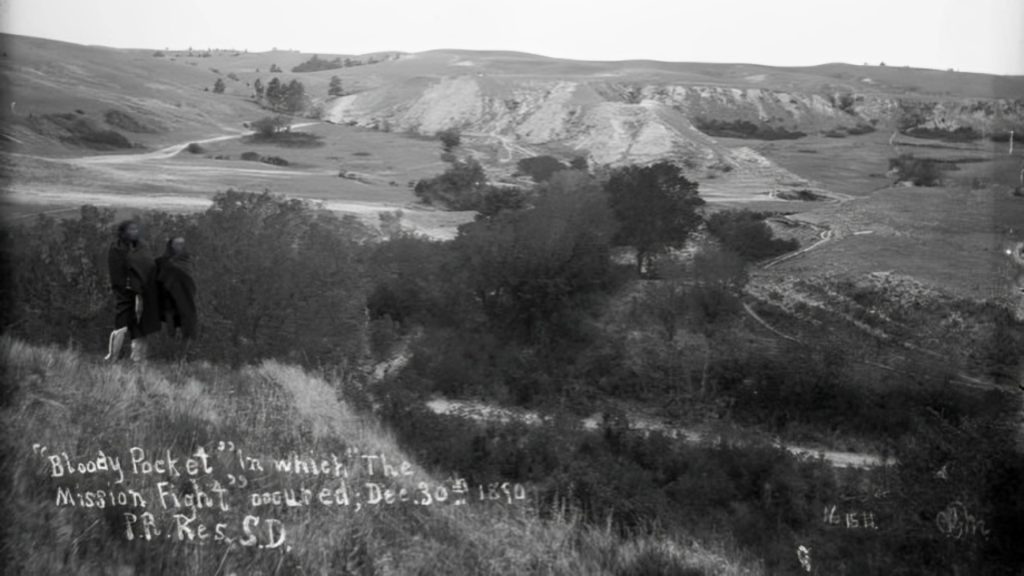
Star Comes Out says a lot of the people crossing the border are Indigenous people who are searching for a better life and more stable job opportunities. “They don’t need to be put in cages, separated from their children like during the Trump Administration, or be cut up by razor wire furnished by, of all places, South Dakota,” he said.
Star Comes Out Blasts Gov. Noem For Calling Criminals ‘Ghost Dancers‘
In her speech, Gov. Noem referred to the criminals, gangs, and murderers as ‘Ghost Dancers’ who are affiliated with border-crossing cartels – adding that they’re using South Dakota tribal reservations as a means of spreading dangerous and harmful drugs throughout the country.
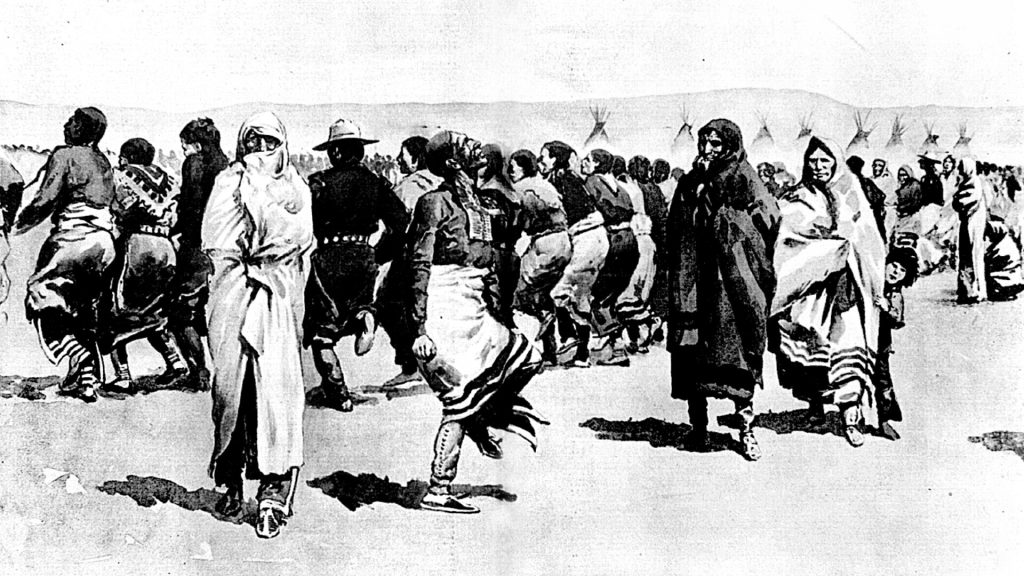
Those remarks only made Star Comes Out more upset. In his response, he criticized Noem for her offensive use of the term ‘Ghost Dance’ – one of the Oglala’s ‘most sacred ceremonies.’ He said she used the term ‘with blatant disrespect’ and described it as ‘insulting to our Oyate.’
Crime Is Up, But Sending Troops To The Border Won’t Solve It
It’s no secret that crime is rapidly increasing on the Pine Ridge Reservation – in fact, it’s one of the most impoverished areas in the entire US. Drug use is rising, and violence is at an all-time high, but Star Comes Out isn’t convinced that the problem (or solution) starts at the border.
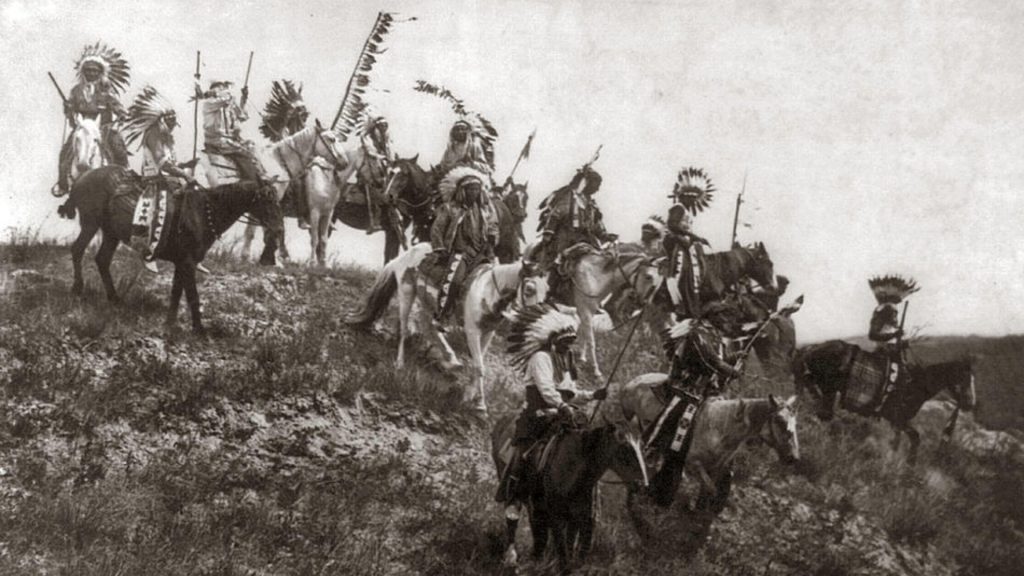
Instead, he believes the rise in crime stems from ‘a lack of competent and effective law enforcement on the Reservation’ – something he has been trying to solve for several years now. Just a few months ago, he was forced to issue a state of emergency on the Reservation due to the lack of help they’ve received.
Oglala Tribe Sought Out Federal Help In 2022
In July 2022, the Oglala Tribe filed a lawsuit against the Bureau of Indian Affairs (as well as some high-level officials) for violating its treaty obligations – which require the US to ‘provide protection and law enforcement cooperation and support on the Reservation.’ A two-day hearing took place in Feb. 2023, and a federal judge issued a ruling in May.
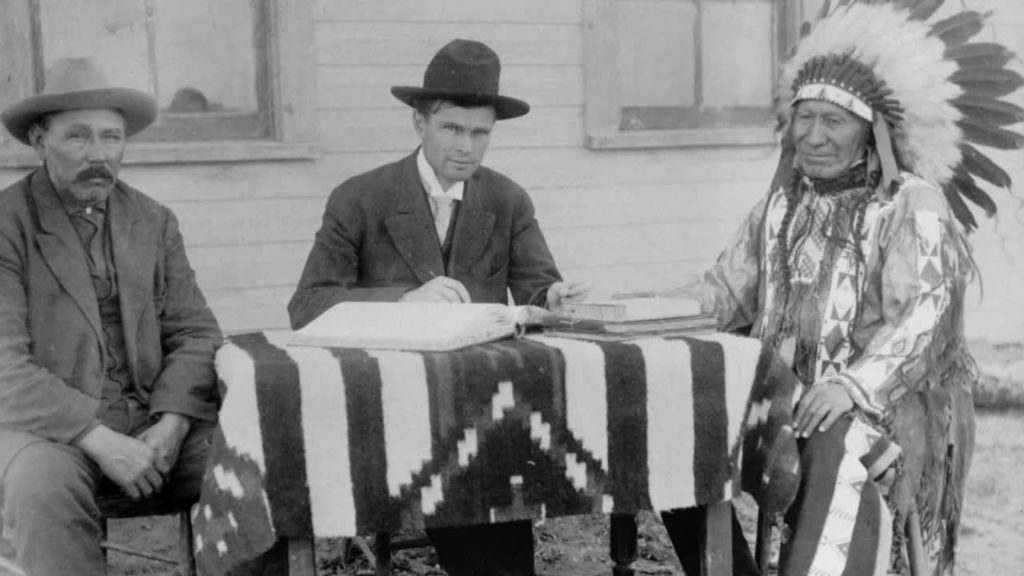
The judge concluded that the US needs to increase its efforts in helping the Oglala Tribe, but stopped short of giving the Tribe ‘the level of funding or support that it sought.’ They were asking for 120 fully equipped officers across the Reservation – noting that they only had 33 officers and 7 investigators handling more than 134,000 911 calls every year.
Who Are The Oglala Lakota Nation?
The Oglala tribe, officially known as the Oglala Lakota Nation, is a federally recognized tribe and is one of the seven subtribes of the Lakota people. The name ‘Oglala’ means ‘to scatter one’s own’ in the Lakota language. They primarily live on the Pine Ridge Reservation in southwestern South Dakota, which is currently the eighth-largest Native American reservation in the US.
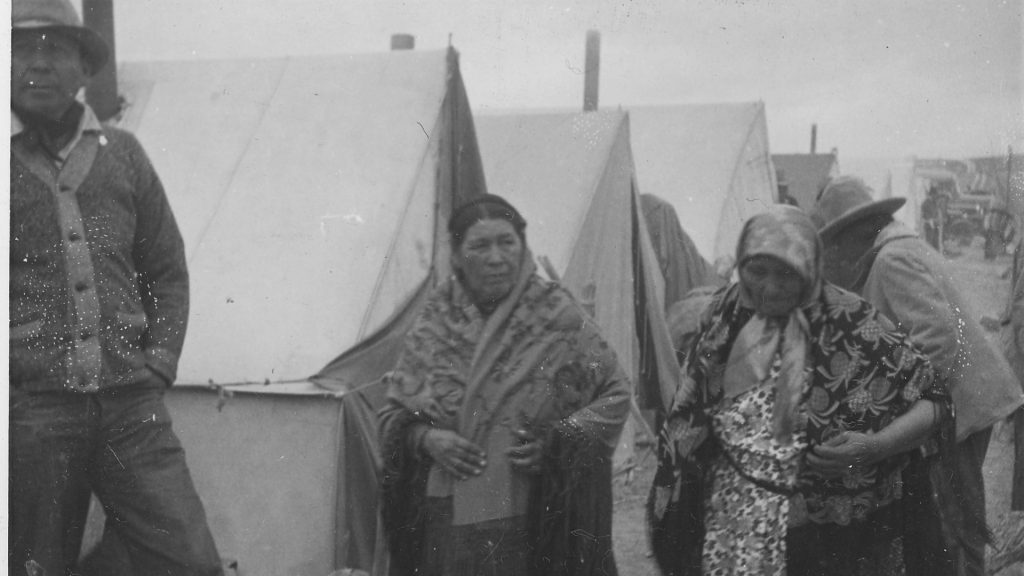
The reservation covers approximately 11,000 square miles and is about the size of Connecticut. Rock engravings discovered in the Black Hills in the 1700s suggest they have more than 7,000 years of history on the Reservation. Unfortunately, a flurry of settlers in the 19th century ushered in to disturb the Tribe’s peace.
Europeans And Americans Begin Their Takeover
Europeans and Americans started flooding the Lakota territory in the 1800s. At first, the Lakota people were in awe of the increase in trade – which improved the Tribe’s way of life. By 1851, the Tribe signed a treaty with the US, but the signing of the Homestead Act of 1862 brought a flurry of individual settlers looking for land.
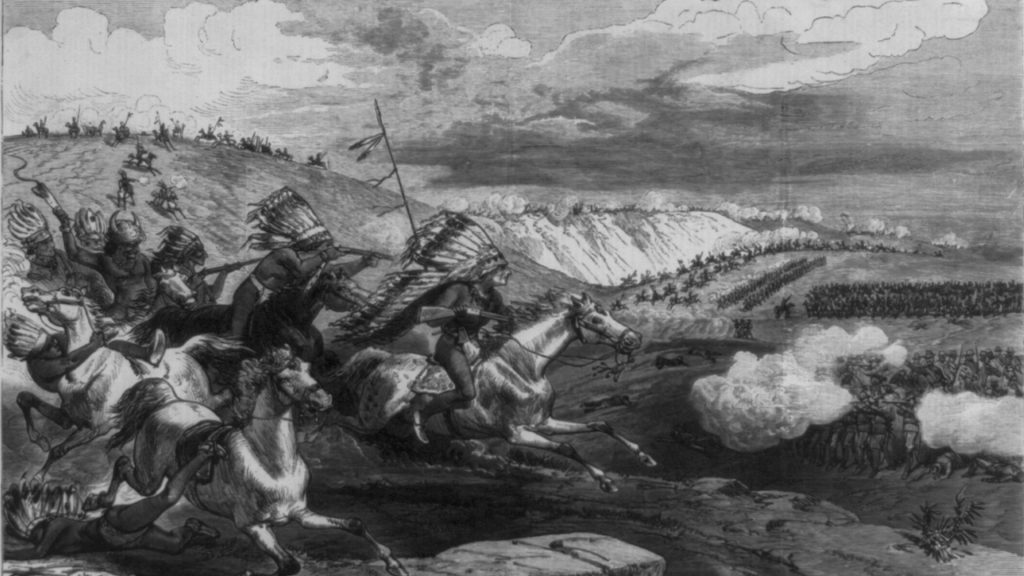
Another treaty was signed in 1868 after several years of unrest, but the discovery of gold at Black Hills in 1874 brought another flurry of settlers. This resulted in the Great Sioux War of 1876, where the Lakota people and US fought bloody battles for nearly 10 years before establishing reservations – such as the one that stands today.
Was Mount Rushmore Built On Oglala Land?
Mount Rushmore is one of the most historic landmarks in the entire country, but it’s also the site of a 100-year controversy. The rock statues, which depict four US Presidents, were engraved into the Black Hills in South Dakota – considered a sacred place among the Lakota people.
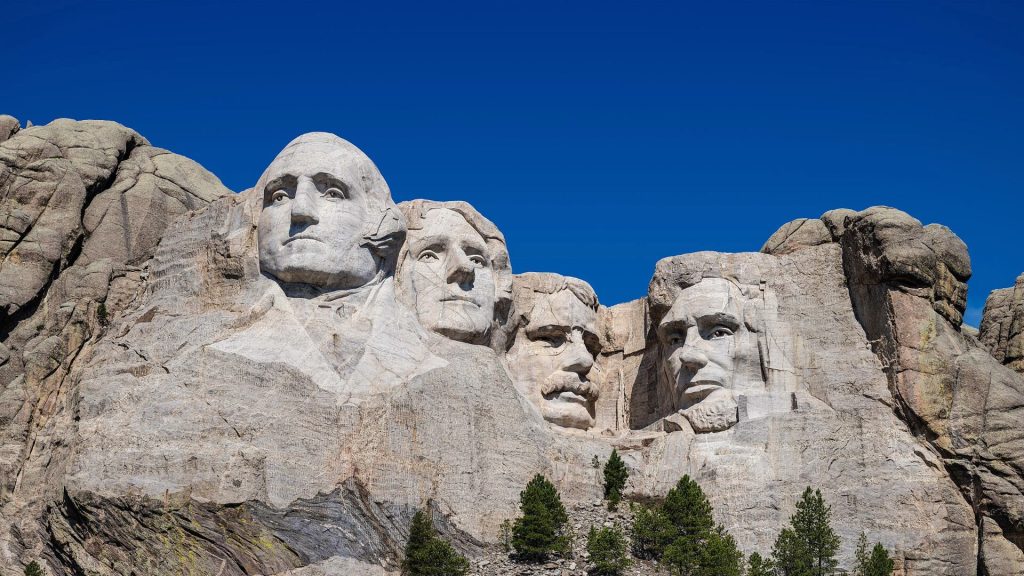
In fact, the Lakota people called the granite formation ‘Tunkasila Sakpa Paha,’ which translated to ‘Six Grandfathers Mountain.’ One member of the Cheyenne River Sioux described it as ‘the center of the universe of our people.’ The Lakota and Oglala were disrespected then, and they’re (unfortunately) still disrespected today.

